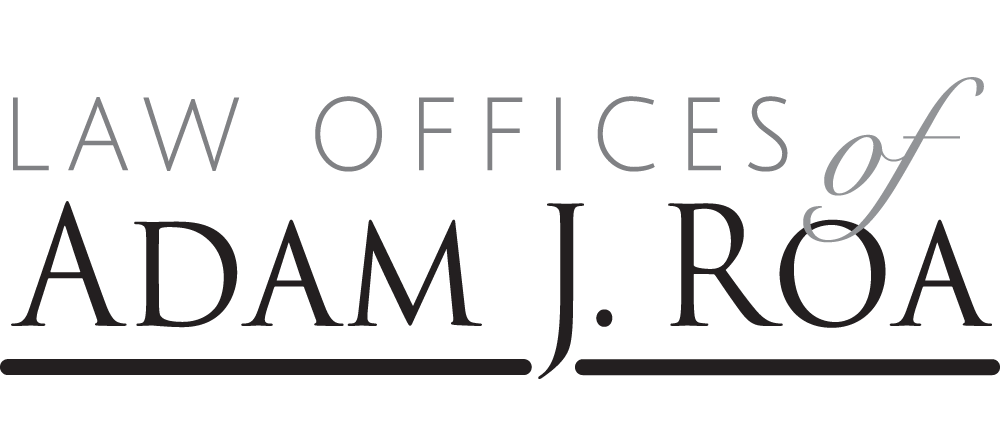Another Win! – Medical Assistance Issue
We just won another Medical Assistance appeal issue. In this case, Medical Assistance was initially denied for nursing home benefits and the son of the Medical Assistance applicant was handed an invoice from the nursing home for over $100,000. Needless to say, he was upset. We were able to successfully argue that that the transactions…
